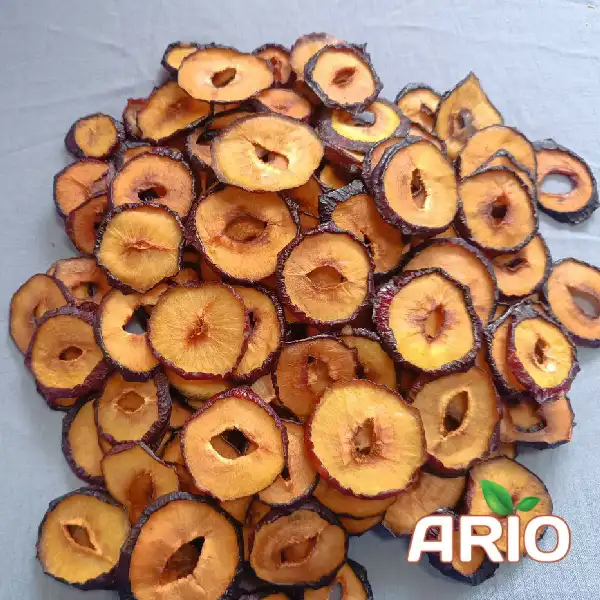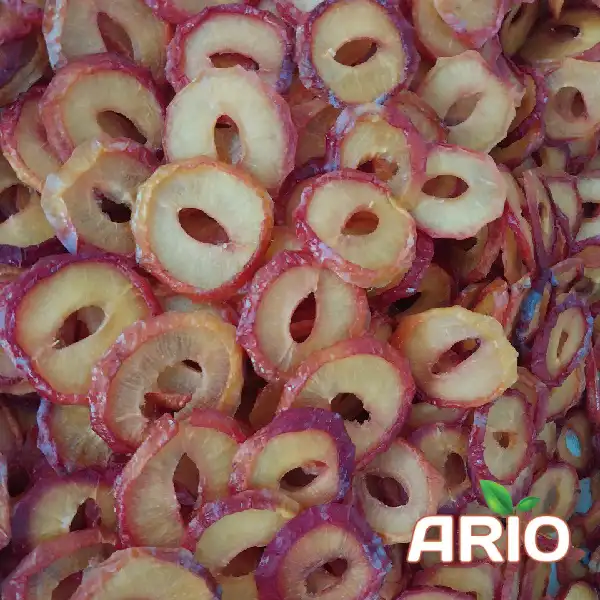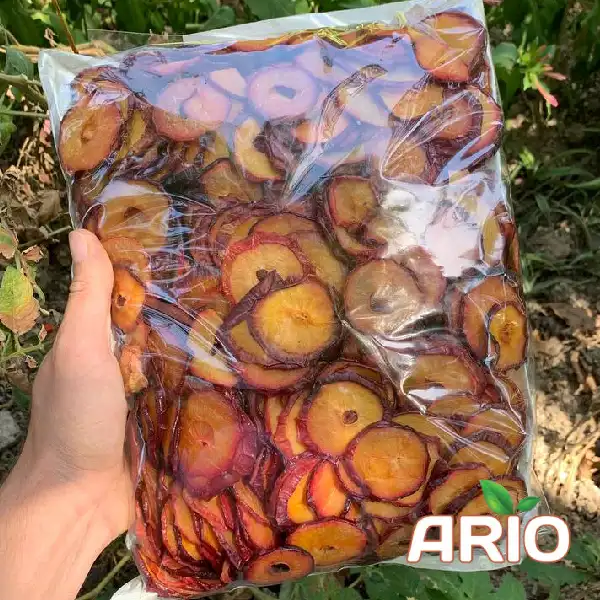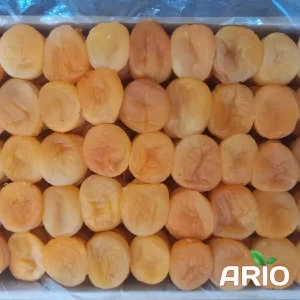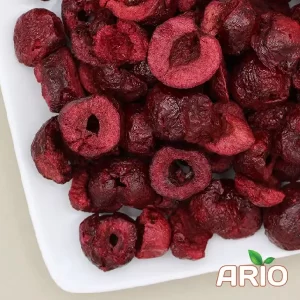What Are Dried Plums?
Dried plums are made by dehydrating select varieties of fresh plums, typically those with high sugar content and firm texture. Through controlled drying, the fruit retains much of its natural sweetness and nutrients, resulting in a dense, chewy, and long-lasting product. This transformation not only preserves the fruit but also concentrates its flavor and health properties.
Nutritional Composition of Dried Plums
Dried plums provide a concentrated source of nutrients in small servings. A typical 50-gram serving includes:
- Calories – around 115
- Carbohydrates – approximately 30 grams
- Dietary fiber – about 3.5 grams
- Natural sugars – roughly 18 grams
- Potassium – over 340 milligrams
- Vitamin K – around 28 micrograms
- Protein – about 1 gram
They are low in fat and free of cholesterol, making them suitable for a variety of dietary needs. Their fiber and antioxidant content play a major role in promoting overall health.
more product: dried fruit
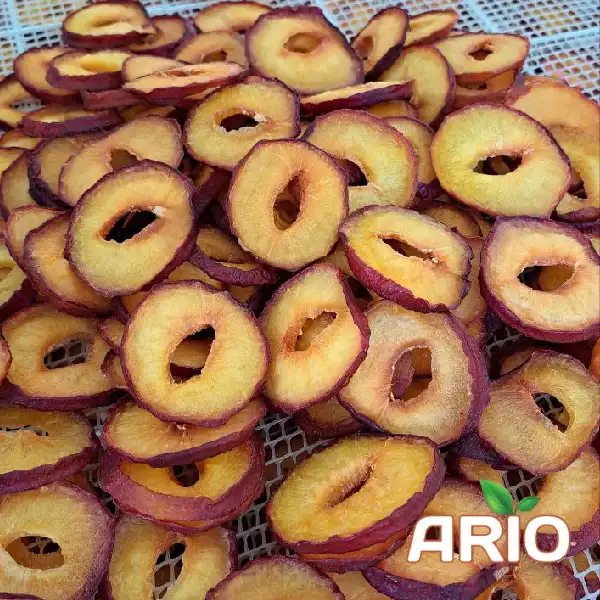
Key Health Benefits of Dried Plums
Supports Digestive Function
The fiber and natural compounds like sorbitol promote healthy digestion and regular bowel movements.
Promotes Bone Strength
Nutrients such as potassium and vitamin K help support bone mineral density, reducing the risk of bone-related conditions.
Aids Heart Health
Soluble fiber may help lower cholesterol levels, while antioxidants combat inflammation that affects cardiovascular function.
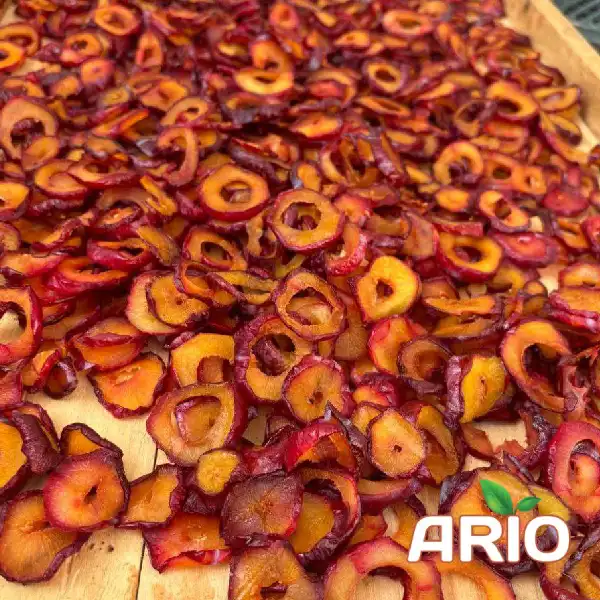
Helps Regulate Blood Sugar
Despite their sweetness, dried plums have a low glycemic index and release sugars gradually, making them suitable in moderation for blood sugar control.
Provides Antioxidant Protection
High levels of polyphenols and plant-based antioxidants help fight free radicals and support healthy aging.
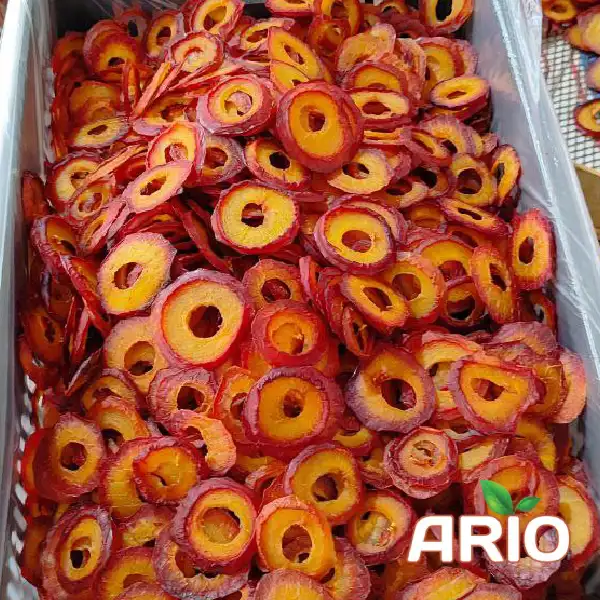
Culinary Applications of Dried Plums
Dried plums are more versatile than many realize:
Eaten Alone as a Snack
A portable, ready-to-eat snack ideal for busy lifestyles.
Used in Baked Goods
Add to muffins, bread, and cakes for flavor and natural moisture.
Included in Savory Dishes
Often found in meat-based stews, sauces, or grain dishes to balance salt and spice with mild sweetness.
Added to Breakfast Meals
Combine with oatmeal, yogurt, or cereals for a nutritious start to the day.
Proper storage in airtight containers helps maintain their texture and flavor.
Trade and Bulk Purchasing Insights
Dried plums are a strong commodity in the global food market:
Major Production Countries
Specific regions around the world dominate production, offering different quality grades and price points.
Export Demand
With increased interest in healthy snacking and plant-based foods, demand for dried plums is growing across Europe, Asia, and the Middle East.
Import Guidelines
Importers should be aware of sanitation standards, shelf-life requirements, and trade tariffs when sourcing from international suppliers.
Bulk Availability
Businesses can find dried plums available in bulk from reliable suppliers, with packaging suited to wholesale or retail needs.
Considerations and Cautions
While dried plums offer clear benefits, certain factors must be considered:
Portion Control
Their high natural sugar and calorie content make moderation important, especially for weight management.
Digestive Sensitivity
In large quantities, their fiber and sugar alcohol content may cause bloating or discomfort.
Dietary Restrictions
Always check for possible reactions, especially in individuals sensitive to natural laxatives or dried fruits in general.
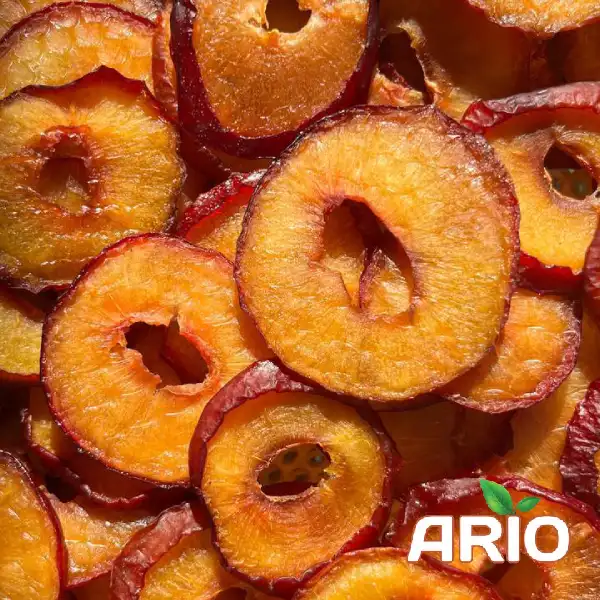
Conclusion
Dried plums are a compact, flavorful source of nutrition with wide-reaching health and economic benefits. Their use spans from individual snacking and cooking to international trade and bulk distribution. Whether you’re a health-conscious consumer or a buyer looking for reliable sourcing opportunities, dried plums present a smart, versatile option that meets modern dietary and business demands.
Frequently Asked Questions (FAQ)
They support digestion, bone strength, heart health, and blood sugar control.
Around 4 to 6 dried plums per day is a typical recommended amount.
Yes, their fiber and natural sugars support regular bowel movements.
Yes, in moderation due to their low glycemic index and high fiber content.

